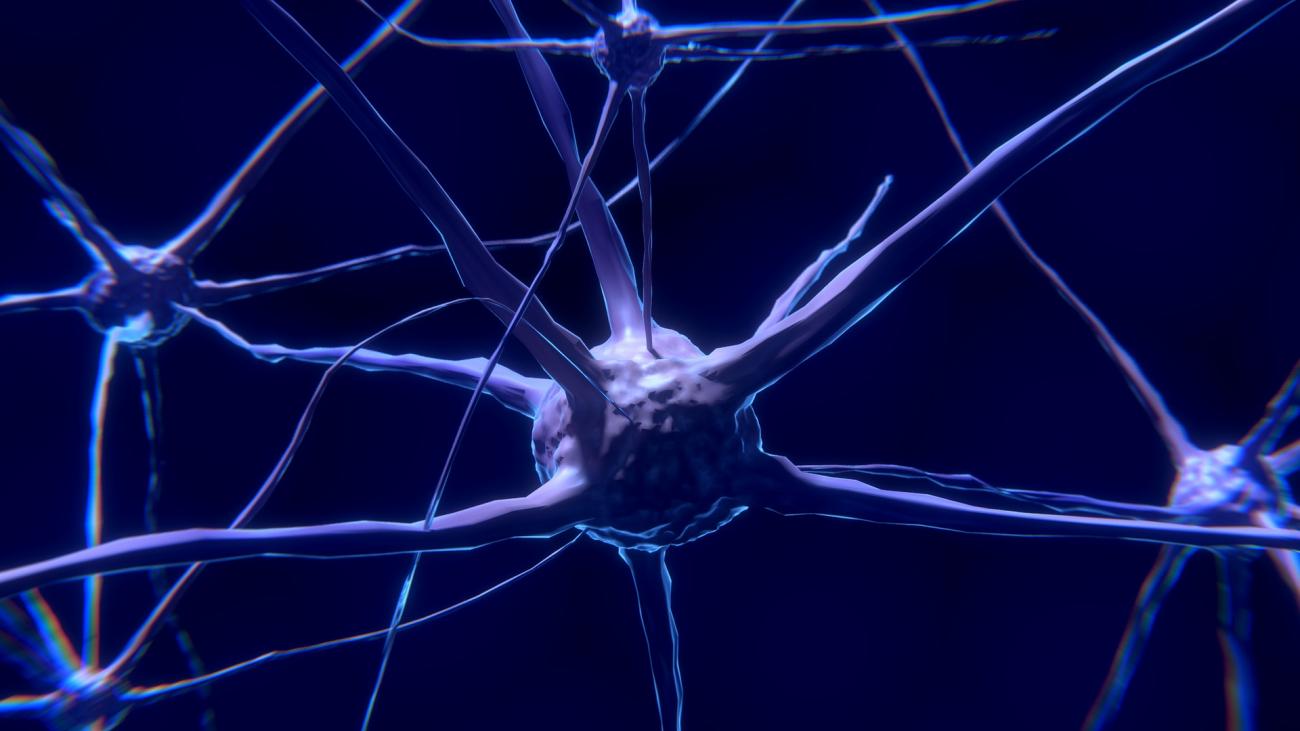Our research group focuses on studying and understanding 1) the underlying principles of biological computation, and how these principles can be adopted or modified to extend contemporary computer science methods, and 2) automated causal reasoning, such as abductive inference and Bayesian/belief networks.
Several properties of biologically-inspired computing separate it from more traditional computer science, giving hope that new robust and adaptive software methods can be developed. Examples of this type of computing include neural computation, evolutionary computation, artificial life, self-replicating machines, artificial immune systems, ant colony optimization, L-systems, artificial societies, and swarm intelligence. Our group has worked and/or is working in the following areas:
- neural computation
- multi-agent artificial life systems
- evolutionary computation
- cellular automata models of self-replication
We are also focusing on automated causal reasoning using more traditional methods in artificial intelligence. The goal of this research is to model human cognition as a means of generating useful automated reasoning systems. Our group has worked and/or is working in the following areas:
- knowledge acquisition
- abductive reasoning
- Bayesian classification and networks
- parsimonious covering theory




